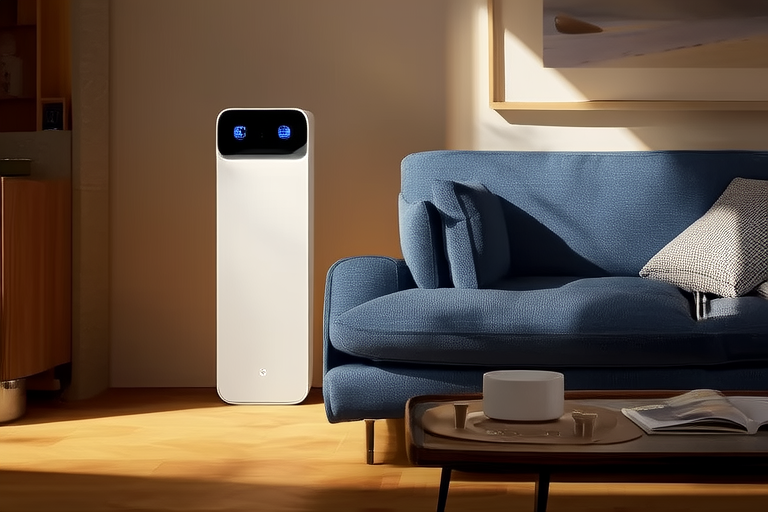“`html
Efficiency Redefined: How Smart Homes Are Changing Daily Living
Introduction
The concept of a smart home has evolved from a futuristic dream into a tangible reality, offering homeowners unprecedented levels of convenience, energy efficiency, and enhanced security. As technology continues to advance, more and more people are embracing the idea of integrating smart devices into their daily lives. These innovations are not just about making homes smarter; they are fundamentally changing the way we live.
Smart home technology encompasses a wide range of interconnected devices designed to automate and control various aspects of home life. From lighting and temperature control to security and entertainment, these systems are revolutionizing the way we interact with our living spaces. The growing popularity of smart homes is driven by the promise of increased convenience, reduced energy consumption, and improved safety. In this article, we will explore how smart homes are transforming daily living and the myriad benefits they offer.
Understanding Smart Home Technology
A smart home is an environment where multiple electronic devices are connected and controlled via the Internet of Things (IoT). This interconnectedness allows homeowners to manage various aspects of their homes remotely, creating a seamless and efficient living experience. The core components of a smart home include smart thermostats, lighting systems, security cameras, and voice assistants, among others.
Smart thermostats, for example, can learn your preferences and adjust the temperature accordingly, ensuring optimal comfort while minimizing energy waste. Lighting systems can be programmed to turn on or off at specific times or controlled via mobile apps. Security cameras provide real-time monitoring, and voice assistants like Amazon’s Alexa or Google Assistant allow users to control these devices with simple voice commands.
These devices work together through IoT connectivity, creating a network of smart home technology that can be managed from a central hub or through a dedicated app. This interconnectedness is what truly sets smart homes apart, allowing homeowners to streamline their daily routines and enjoy a higher quality of life.
Enhancing Daily Convenience
One of the most significant benefits of smart home technology is the way it enhances daily convenience. Imagine waking up to a perfectly heated room, brightening lights as you enter a room, and unlocking doors with a simple command. These scenarios are now possible thanks to smart home systems.
Automated lighting systems, for instance, can be set to turn on and off at specific times, ensuring that rooms are illuminated when needed and saving energy when they’re not. Smart locks allow homeowners to grant temporary access to visitors or service providers without needing to hand over keys. Voice-controlled appliances, such as smart speakers or TVs, enable hands-free operation, making it easier to multitask or relax.
Moreover, smart home systems can significantly improve household management by providing insights into energy usage, water consumption, and even grocery inventory. These features help homeowners stay organized and save time, ultimately leading to a more efficient and enjoyable daily routine.
Energy Efficiency and Cost Savings
Another major advantage of smart home technology is its ability to reduce energy consumption and lower utility bills. By automating and optimizing various aspects of home operations, smart systems can lead to substantial long-term savings.
Smart thermostats, for example, can adjust the temperature based on occupancy patterns, ensuring that heating and cooling systems are only active when necessary. Similarly, smart power outlets can monitor and control the energy usage of individual devices, helping to identify and eliminate energy vampires—appliances that consume electricity even when turned off.
Over time, these energy-saving features can result in significant cost savings for homeowners. According to some estimates, a properly optimized smart home can reduce energy consumption by up to 20%, leading to annual savings of hundreds of dollars. Additionally, many utility companies offer rebates or incentives for installing energy-efficient devices, further enhancing the financial benefits of smart home technology.


